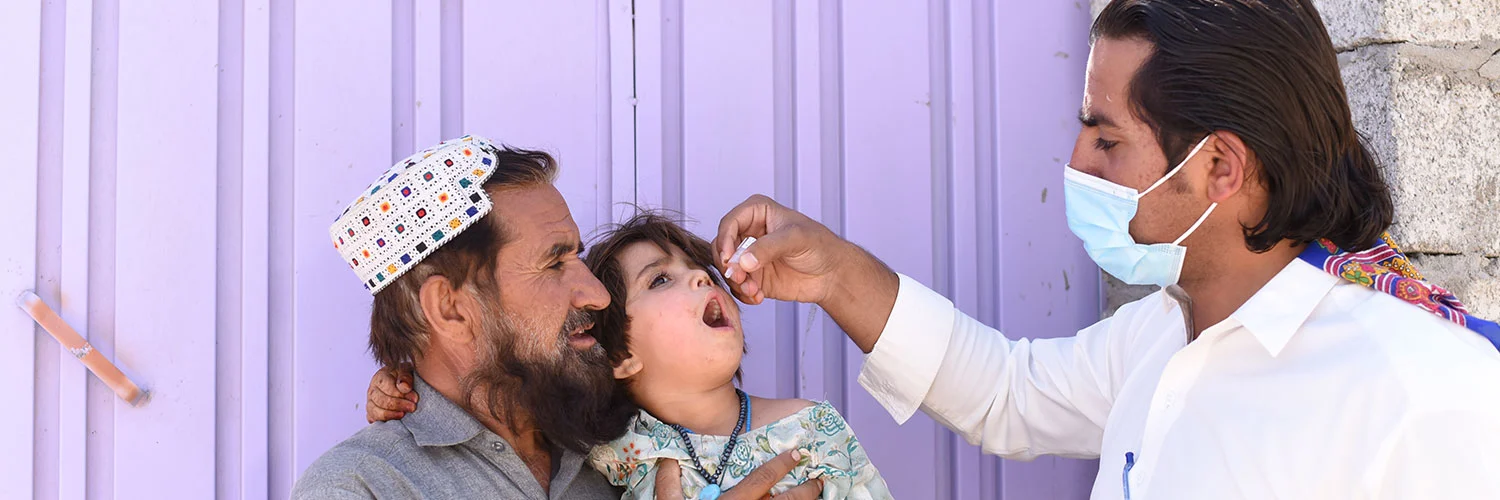Wild poliovirus type 1 (WPV1) has been detected in sewage samples taken from Karachi West and Mirpur Khas districts of Sindh, and seven other previously infected districts.
The Regional Reference Lab for Polio Eradication at the National Institute of Health has notified the National Emergency Operations Center that sewage samples collected from 09 districts between April 1 and April 15 contained poliovirus which was genetically linked to the imported YB3A genetic cluster of WPV1.
The virus has been found in sewage samples of 33 districts so far this year. All positive samples and the two human cases reported this year contain YB3A cluster, which disappeared from Pakistan in 2021, remained in circulation in Afghanistan and was reintroduced through cross-border transmission last year.
The Pakistan Polio Programme is conducting the fourth mass vaccination campaign of 2024 from April 29 to the first week of May in 91 districts to vaccinate over 24 million children under the age of five.
Polio is a devastating incurable disease. We urge all parents and caregivers to ensure that their children are vaccinated against it during this and all subsequent campaigns.
Note:
Polio is a highly infectious disease caused by poliovirus mainly affecting children under the age of five years. It invades the nervous system and can cause paralysis or even death. While there is no cure for polio, vaccination is the most effective way to protect children from this crippling disease. Each time a child under the age of five is vaccinated, their protection against the virus is increased. Repeated immunisations have protected millions of children from polio, allowing almost all countries in the world to become polio-free, except for the two endemic countries of Pakistan and Afghanistan.
For further information, please contact:
Ms Hania Naeem, Communications Officer, NEOC,
Contact No:+923431101988
Email: This email address is being protected from spambots. You need JavaScript enabled to view it.

